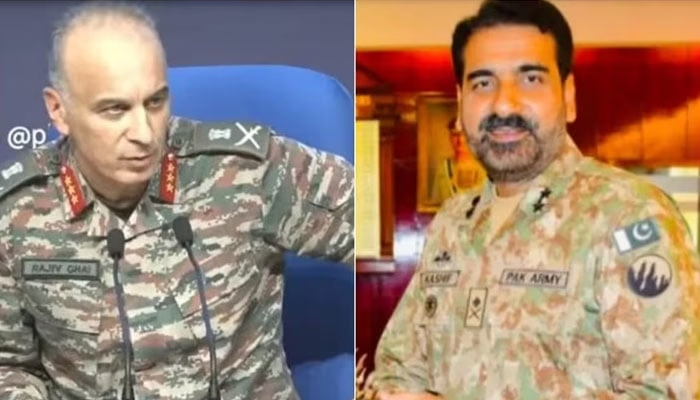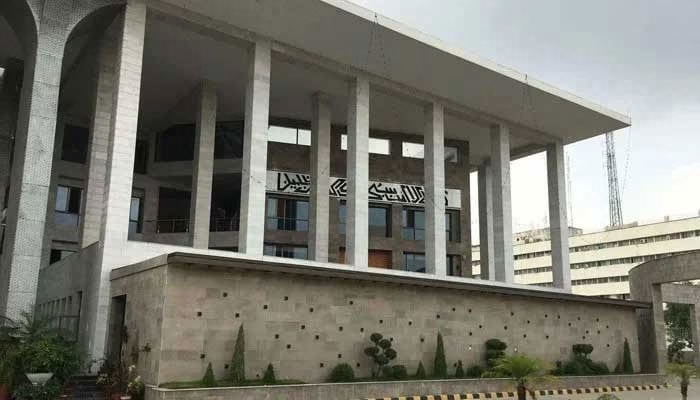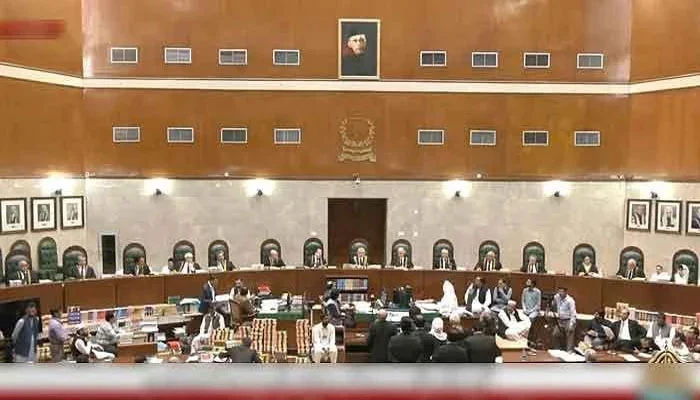In a promising development for regional stability, the Directors Generals of Military Operations (DGMOs) of Pakistan and India held a third hotline conversation on Wednesday afternoon, marking another crucial step in maintaining the recently established ceasefire along the Line of Control (LoC). This latest dialogue, which followed earlier contacts made post-ceasefire, underlines both countries’ commitment to de-escalation and continued communication.
According to highly placed sources, while the exact details of the conversation have not been publicly disclosed, both military leaders agreed to uphold the ceasefire and maintain the status quo agreed during their previous interaction on Monday. These efforts appear to be part of a broader strategy to reduce hostilities and create a more conducive atmosphere for future diplomatic engagement.
The current ceasefire arrangement has been credited to behind-the-scenes efforts by the United States and other friendly nations, who have been quietly working to bring both nuclear-armed neighbors back from the brink of potential conflict. Sources familiar with the matter confirm that diplomatic pressure and mediation by global powers played a significant role in persuading both sides to keep the communication lines open.
Foreign Office to Address Media
Pakistan’s Ambassador Shafqat Ali Khan, who serves as the Additional Secretary and Spokesperson for the Foreign Office, is expected to hold a press briefing today to provide further insights into the hotline discussions and Pakistan’s broader strategy in maintaining regional peace.
Global Engagement Behind the Scenes
Diplomatic sources revealed that major world capitals are maintaining constant contact with Islamabad and New Delhi, urging both sides to exercise restraint, avoid provocations, and begin confidence-building measures (CBMs) as quickly as possible. These CBMs are seen as essential to setting the stage for more formal and high-level negotiations in the near future.
There is growing hope among international observers and regional analysts that the current momentum could pave the way for renewed dialogue between the two nations, which have shared a history marked by conflict, mistrust, and fragile peace deals.
NSA-Level Talks on the Horizon
In what could be a significant breakthrough, discussions are reportedly underway to arrange a meeting between the National Security Advisors (NSAs) of both countries. Pakistan’s Lieutenant General Asim Malik and India’s Ajit Doval have already held initial informal talks, with the potential for a formal meeting soon being considered.
This proposed NSA-level meeting is being viewed as a potential game-changer, as it could revive the long-stalled composite dialogue process—a comprehensive diplomatic framework that covers key issues such as Kashmir, trade, terrorism, and water sharing.
Historically, the composite dialogue has served as the cornerstone of bilateral engagement between Pakistan and India, with rounds of talks at the Foreign Secretary level held alternately in Islamabad and New Delhi over the years.
Regional and Global Stakes
The importance of maintaining peace in South Asia cannot be overstated. With both countries possessing nuclear capabilities, any escalation carries dangerous implications not just for the region but for global security. The ceasefire and ongoing diplomatic efforts are being seen as necessary steps to avert crisis, restore trust, and explore long-term solutions.
While the path to peace is fraught with political complexities, domestic pressures, and historical grievances, the recent hotline conversation and international engagement provide a glimmer of hope that a new era of cautious diplomacy may be emerging.
Observers remain cautiously optimistic. The coming days, particularly the expected media briefing and potential NSA-level discussions, will be closely watched by international actors, civil society, and regional stakeholders hoping that this moment of calm can transform into a sustained peace process.



